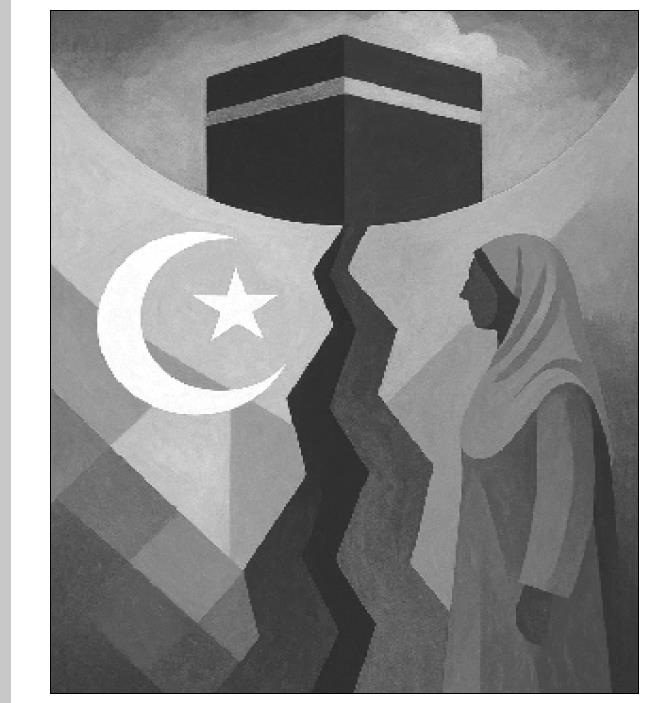A wide gap between Islam and Muslims
2025-09-06
HUMAN history knows no figure whose moral imagination reshaped society spiritually, socially and politically as profoundly as did Prophet Muhammad (peace be upon him). His message of justice, equality and dignity for all was not bound by geography or barred by time.
In today`s world, scarred by wars, conflicts, injustices, displacement, hunger and inequality, the Prophet`s teachings remain the most enduring and practical path to peace and harmony.
Unlike the elites of Makkah, the Prophet stood shoulder to shoulder with the poor, the slaves, the vulnerable, and the voiceless. His earliest followers came not from the privileged classes, but from among the ones exploited and trampled by society.
He rejected an order where lineage or wealth defined worth, and instead lifted the downtrodden with the assurance that the most honoured among them was the most righte ous.
His solidarity with the underprivileged was no accident. It was the very essence of his mission. Yet, in much of the Muslim world today, rulers and elites have betrayed this legacy. Oligarchies thrive, privileges multiply, and the poor are pushed further to the margins. This widening gulf between the rulers and the ruled has hollowed out the spirit of social equality.
When the Prophet left the world, he left behind an immortal legacy of mercy and justice. Today, however, we see in parts of the Muslim world, particularly in the oil-rich Gulf region, an addiction to extravagance: castles in deserts, fleets of luxury liners, planes, and billions spent on pomp. This politics of indulgence is the sharpest betrayal of the Prophet`s path.
A world torn apart by conflicts, hunger wars and human misery needs a leadership that builds schools, hospitals and research centres, not golden towers and lavish spectacles. The Prophet`s farewell sermonat Arafat remains humanity`s most timeless manifesto. It enshrined equality of mankind, sanctity of life, justice and state protection for the marginalised. From the Universal Declaration of Human Rights of the United Nations to the anti-apartheid struggle of Nelson Mandela, the modern world is based on all these very elements.
In practice, however, the international system, especially, after World War II, is skewed to serve the powerful. The UN, once envisioned as humanity`s conscience, is paralysed by the undemocratic veto of the P5 group. Wars rage, while resolutions die in silence. The weak are trampled because the law bows before the mighty.
Today, there are more than two billion Muslims around the world, but many Muslim societies wallow in ignominy, humiliation and decline. This is so because we have abandoned the progressive message of Islam education, innovation, justice and human dignity. We focus more on rituals than actions, and on slogans than sacrifices. We consume imported knowledge instead of producing or promoting indigenous research. We glorify division over unity, and rhetoric over reforms.
If Muslims recover and rediscover these abandoned priorities, they will regain their dignity in the comity of nations; not through borrowed prestige, but through genuine contribution.
The Prophet began as one man with a few faithful by his side. He did not inherit privilege, but his moral authority truly conquered hearts and built civilisations.
Qamer Soomro Shikarpur




